Senator Ted Cruz (R-TX) is the latest GOP official and sometime Trump ally to experience scrutiny over his role in the attempted overturning of the 2020 presidential election. Per reporting by The Washington Post, the January 6 Commission wants to know what if any communications Sen. Cruz had with Trump’s attorney, John Eastman, who was the author of an infamous plan to stage a soft coup on January 6 using Vice President Pence to declare the election for Trump.
The Committee’s interest in Sen. Cruz may be heightened now that Eastman has been ordered to produce documents formerly withheld by him under claims of attorney-client privilege. Judge David Carter, who overruled those claims in large part, noted that some of the listed recipients of communications were third parties and therefore claims of privilege did not properly extend to them. Whether Sen. Cruz is among them remains unknown, but there are some clues that suggest Eastman and Cruz were in some kind of cahoots with respect to January 6 and the White House effort to undo the election.
The most obvious connection lies in the first draft of his memo, in which Eastman noted that they would need “someone” like Sen. Cruz to help them out:
“Assuming the Electoral Count Act process is followed and, upon getting the objections to the Arizona slates, the two houses break into their separate chambers, we should not allow the Electoral Count Act constraint on debate to control. That would mean that a prior legislature was determining the rules of the present one — a constitutional no-no (as Tribe has forcefully argued). So someone – Ted Cruz, Rand Paul, etc. – should demand normal rules (which includes the filibuster).
This part of the plan thus raises a serious question: Did Eastman or anyone else in the White House speak to Sen. Cruz about moving to demand that “normal” rules, including the filibuster, apply in the debate over electoral objections? That is not the kind of thing you’d normally expect to happen on its own. Rather, it is procedurally involved and would require some discussion and coordination. But to even get to the point of asking, someone likely would have had to explain the entire plan to whichever senator they were relying on to do this.
Sen. Cruz might seem a logical and trustworthy person from Eastman’s point of view. It is a little known fact that both Cruz and Eastman clerked during the same year for Judge J. Michael Luttig of the Fourth Circuit more than 25 years ago. They have remained acquaintances ever since. (Coincidentally, Judge Luttig was one of the jurists whom Mike Pence’s outside counsel approached asking whether there was any actual legal authority to do what Eastman and Trump were asking Pence to do, i.e. declare the election for Trump or otherwise throw out the votes of the swing states. Judge Luttig, thankfully, said there was not.)
Another point that likely has the Committee’s attention is that Sen. Cruz’s proposal to establish an election commission to audit the election for a 10-day period, which garnered the support of 10 other GOP senators, dovetailed with the Eastman plan to up-end the electoral count. Both relied upon objections to the swing state electoral votes. Both sought to buy time to allow the state legislatures in those states, which in Eastman’s plot could then support the “alternate slates of electors” who had gathered at the request of the Trump Campaign and illegally declared themselves to be the rightful, duly elected slates of electors from several swing states.
Committee Vice-Chair Rep. Liz Cheney (R-WY) certainly has plenty of doubts over Sen. Cruz and what he had planned. On the podcast “Honestly,” on the one year anniversary of the attack on the Capitol, Cheney called Sen. Cruz’s scheme for a 10-day delay and an audit of the election “a very dangerous proposal” that “could very easily have put us into territory where we got to the inauguration and there was not a president.” Cheney continued, “I think that Sen. Cruz knew exactly what he was doing. I think that Sen. Cruz is somebody who knows what the Constitution calls for, knows what his duties and obligations are, and was willing, frankly, to set that aside.”
When asked during a Committee inquiry whether he had “any communication with Senator Ted Cruz regarding efforts to change the outcome of the 2020 election,” Eastman declined to answer (along with 145 other questions), citing his Fifth Amendment right against self-incrimination.
Sen. Cruz initially agreed to be interviewed by The Washington Post but then canceled just before the interview was set to begin. In response to a follow-up written question about whether he had communicated in any way with Eastman about challenging the election, the senator’s spokeswoman dodged by narrowing the question to just the Eastman memo itself and adding in a caveat about the senator’s possible lack of memory: “Sen. Cruz has been friends with John Eastman since they clerked together in 1995,” the spokesperson stated in an email. “To the best of his recollection, he did not read the Eastman memo until months after January 6, when it was publicly reported.”
That of course does not mean the White House or Eastman did not discuss the gist of the plan with Sen. Cruz, or that he did not otherwise agree to participate in the plot. On this point, Sen. Cruz may have reason for concern. Earlier this week, federal court judge David Carter ruled that former President Trump likely committed felonies surrounding January 6, including obstruction of Congress and conspiracy to defraud the United States. Anyone who was part of the conspiracy—that is, anyone who agreed with the plot and took overt steps in furtherance of it—would similarly “likely” be guilty of those felonies.
Specifically, if Sen. Cruz knew that the lynchpin of a coup plan in which he participated involved a brazenly illegal declaration of a Trump victory by Vice President Pence in order to throw the electoral count into chaos, then he stands in the same harsh and “likely” criminal light as the former president and John Eastman.
Of course, it could turn out that Cruz came up with his 10-day delay scheme on his own and never spoke with Eastman about the felonies being plotted and carried out. But investigators are going to want some answers from him. One thing is clear: This is now a political crisis from which Sen. Cruz can’t escape so easily by jetting off to Mexico.
For more political analysis, subscribe to the Status Kuo newsletter.

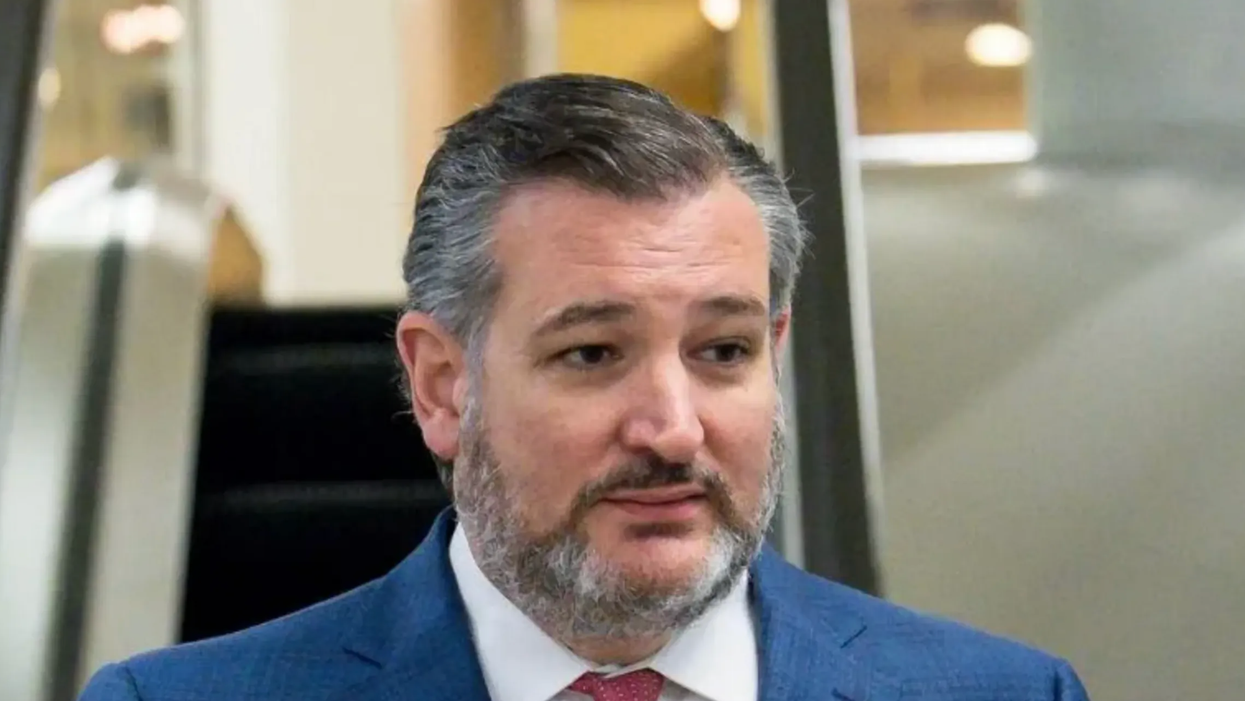
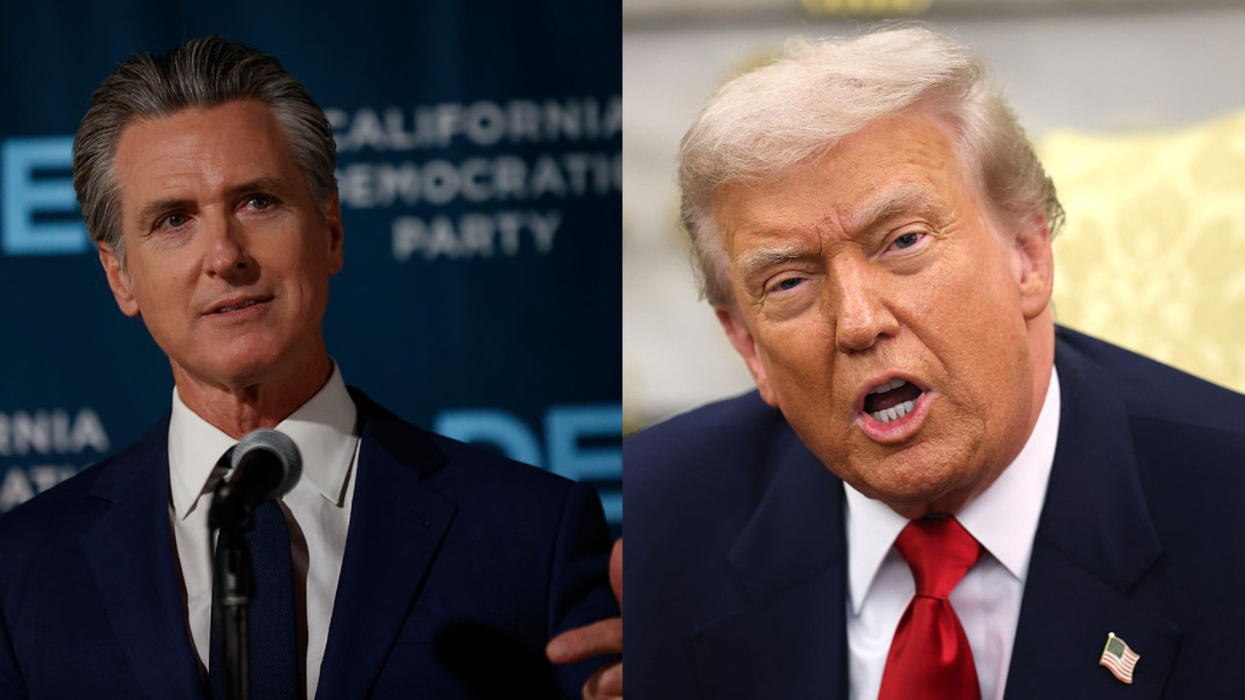
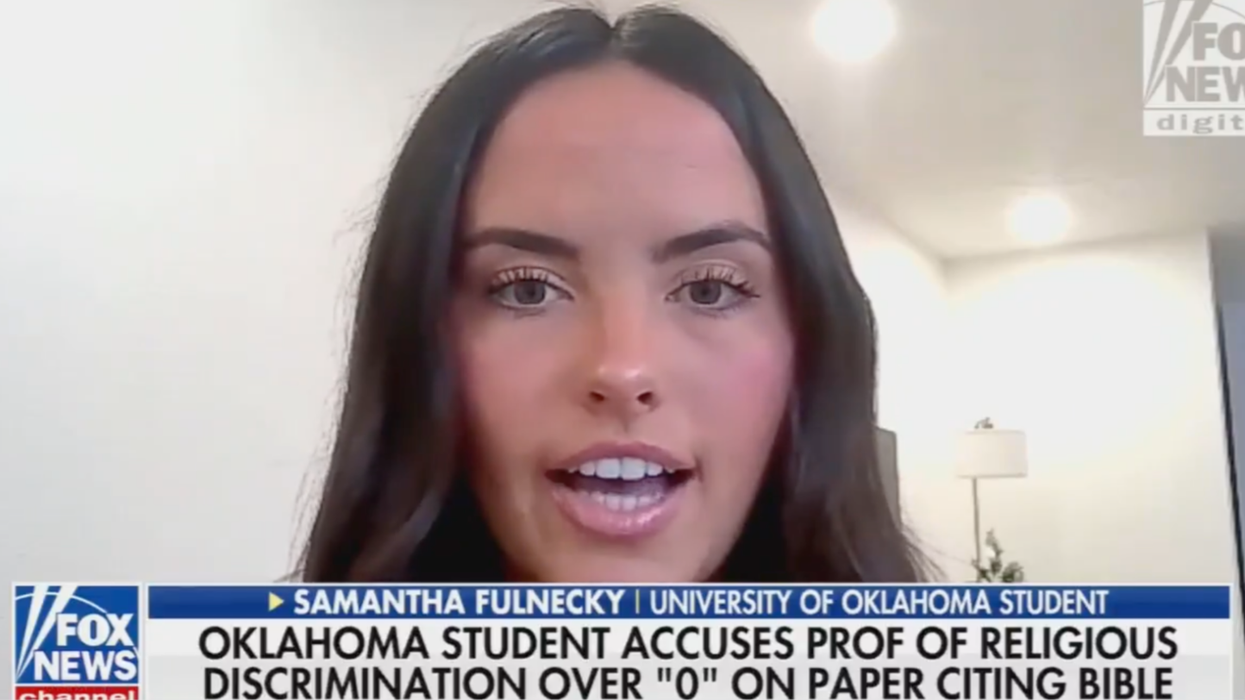
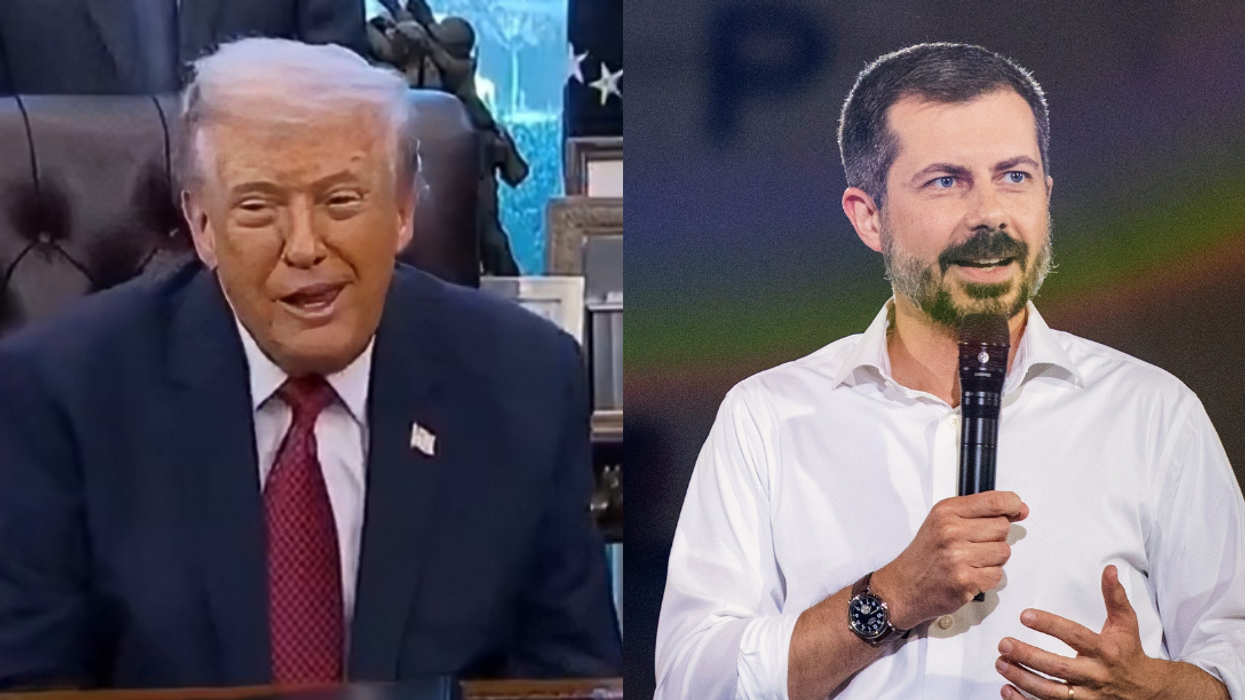
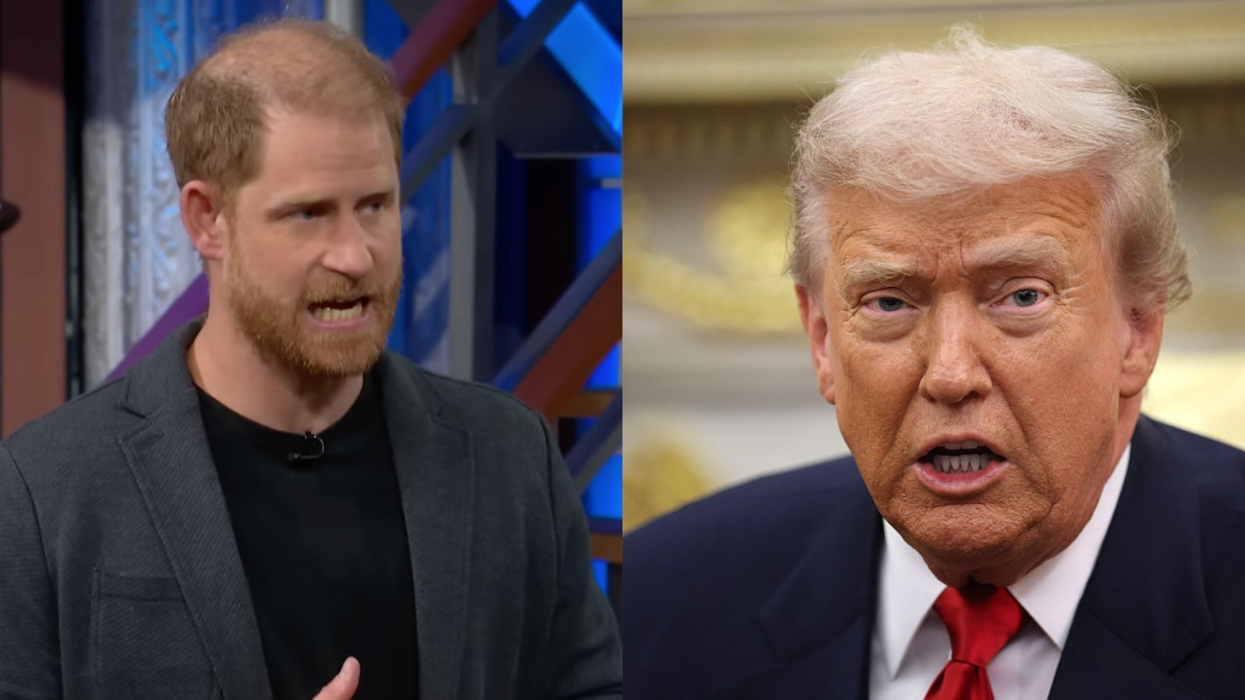


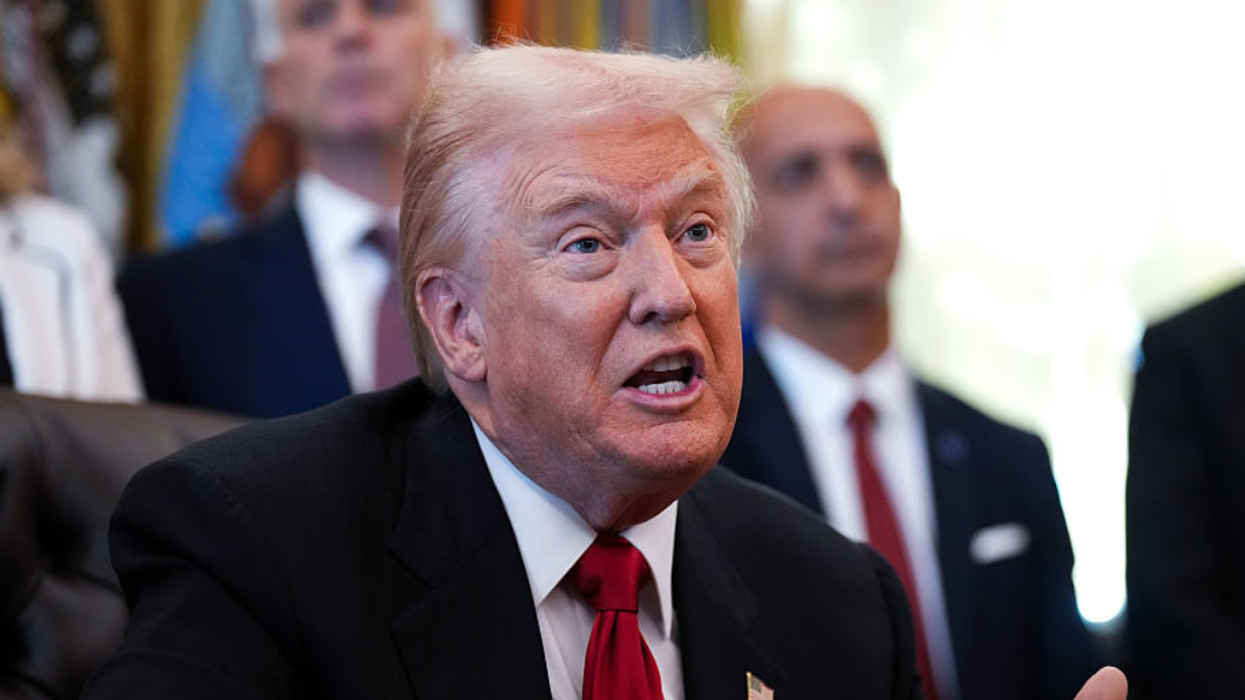
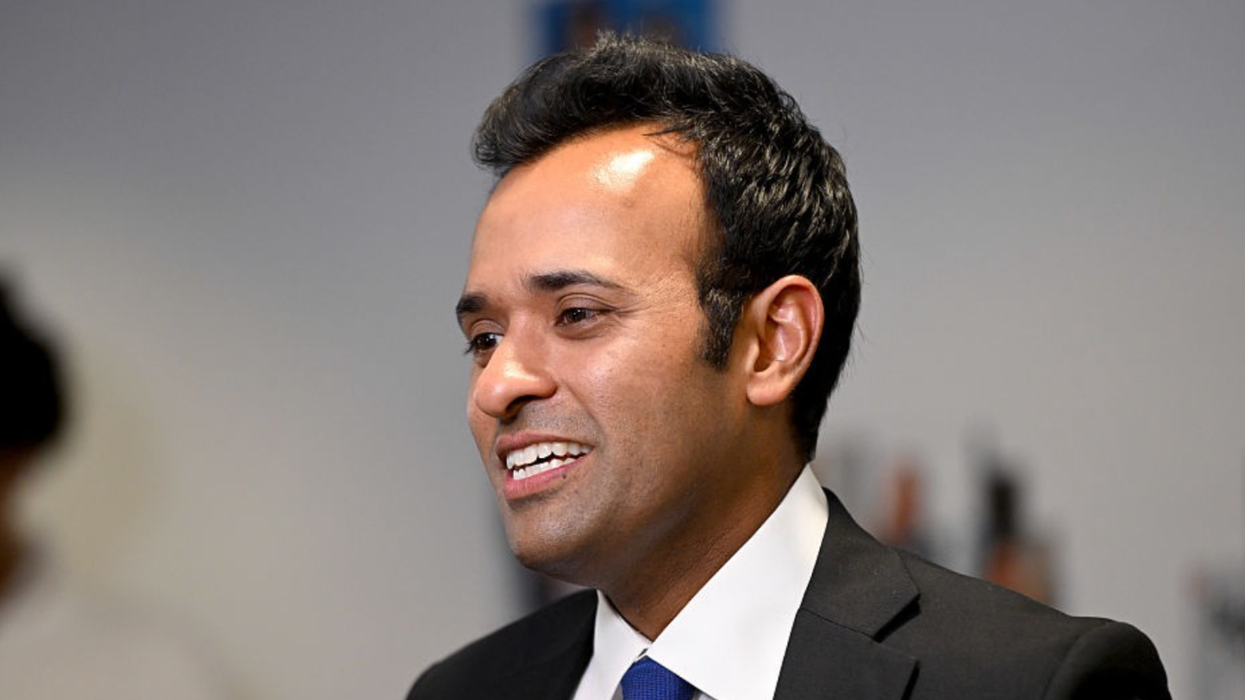
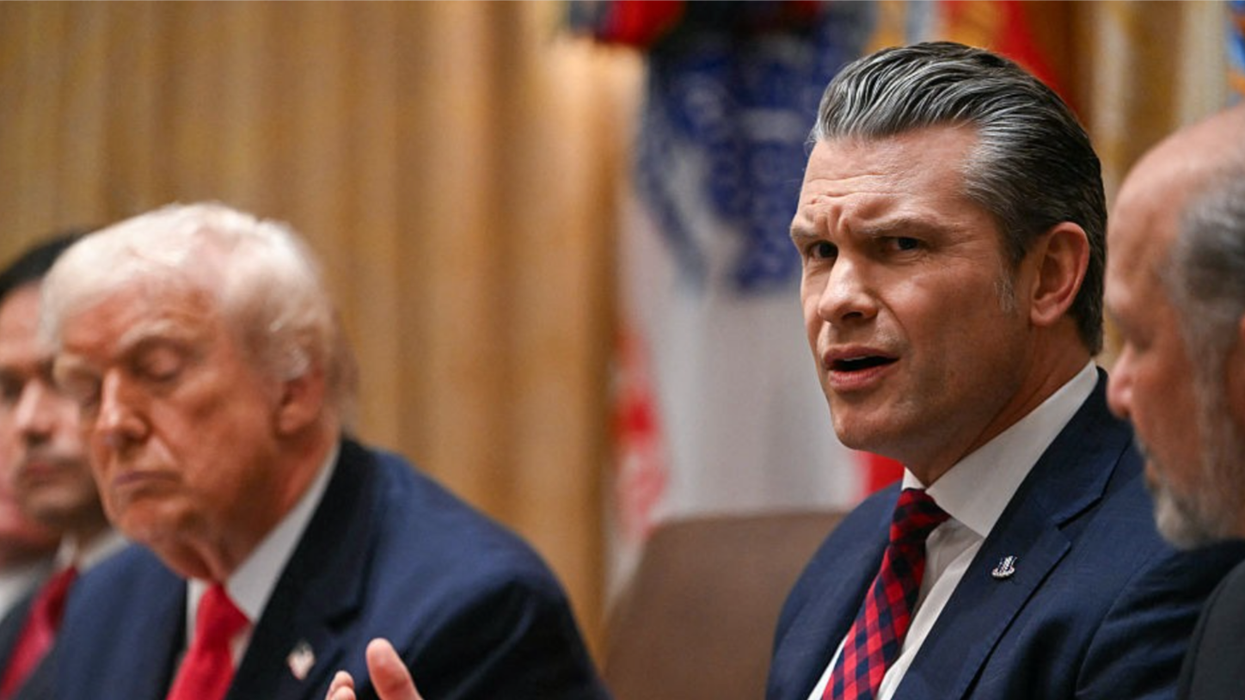
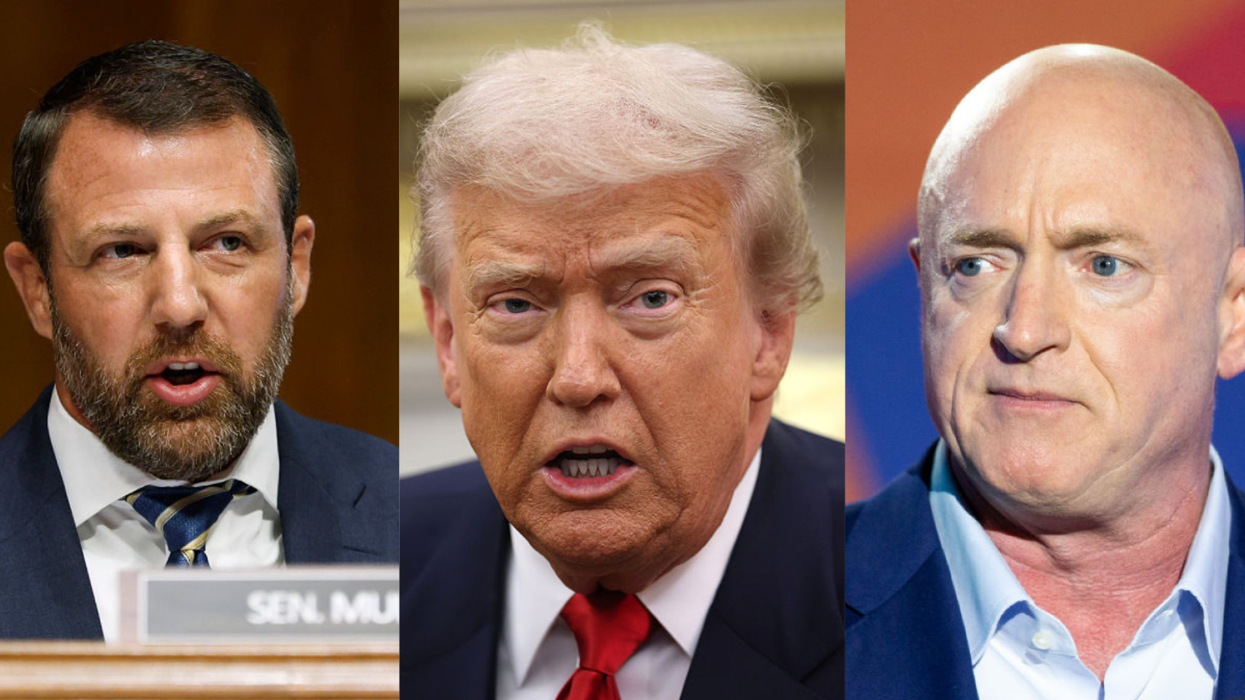

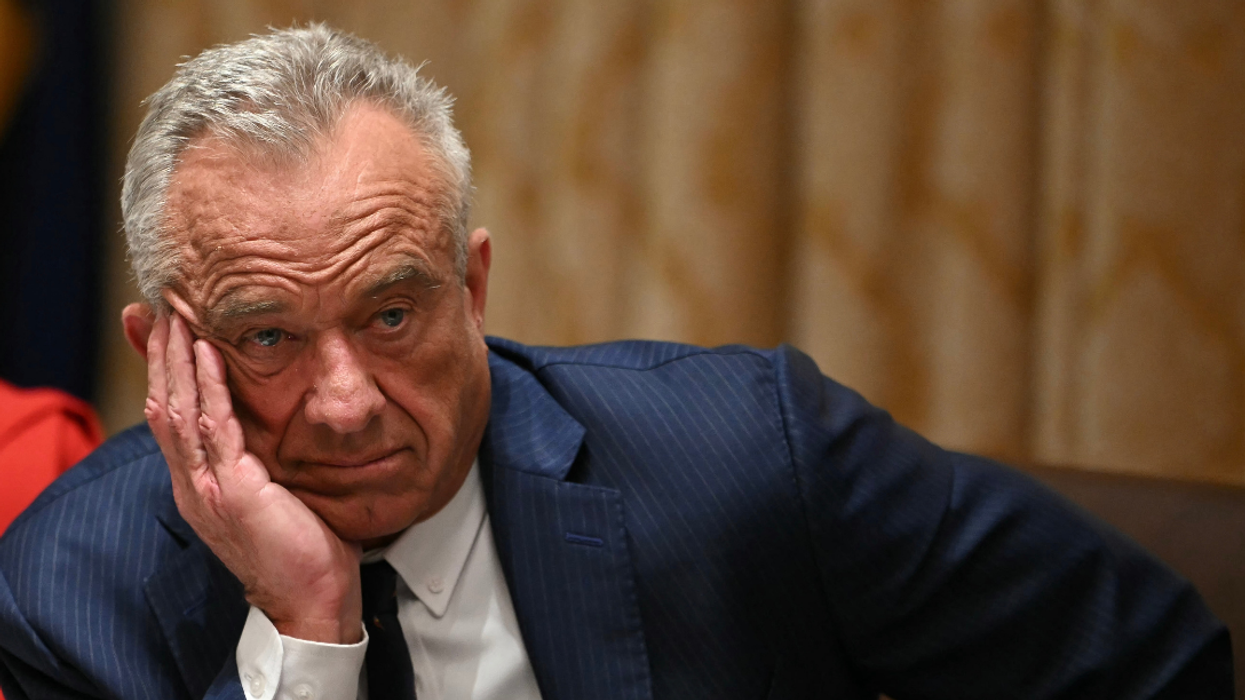

 @drandrealove/Bluesky
@drandrealove/Bluesky @thebulwark/Bluesky
@thebulwark/Bluesky
 @monicasanluiss/TikTok
@monicasanluiss/TikTok @monicasanluiss/TikTok
@monicasanluiss/TikTok @monicasanluiss/TikTok
@monicasanluiss/TikTok @monicasanluiss/TikTok
@monicasanluiss/TikTok @monicasanluiss/TikTok
@monicasanluiss/TikTok @monicasanluiss/TikTok
@monicasanluiss/TikTok @monicasanluiss/TikTok
@monicasanluiss/TikTok @monicasanluiss/TikTok
@monicasanluiss/TikTok @monicasanluiss/TikTok
@monicasanluiss/TikTok @monicasanluiss/TikTok
@monicasanluiss/TikTok @monicasanluiss/TikTok
@monicasanluiss/TikTok @monicasanluiss/TikTok
@monicasanluiss/TikTok @monicasanluiss/TikTok
@monicasanluiss/TikTok
 @alexamcnee/TikTok
@alexamcnee/TikTok @alexamcnee/TikTok
@alexamcnee/TikTok @alexamcnee/TikTok
@alexamcnee/TikTok @alexamcnee/TikTok
@alexamcnee/TikTok @alexamcnee/TikTok
@alexamcnee/TikTok @alexamcnee/TikTok
@alexamcnee/TikTok @alexamcnee/TikTok
@alexamcnee/TikTok @alexamcnee/TikTok
@alexamcnee/TikTok @alexamcnee/TikTok
@alexamcnee/TikTok @alexamcnee/TikTok
@alexamcnee/TikTok @alexamcnee/TikTok
@alexamcnee/TikTok @alexamcnee/TikTok
@alexamcnee/TikTok